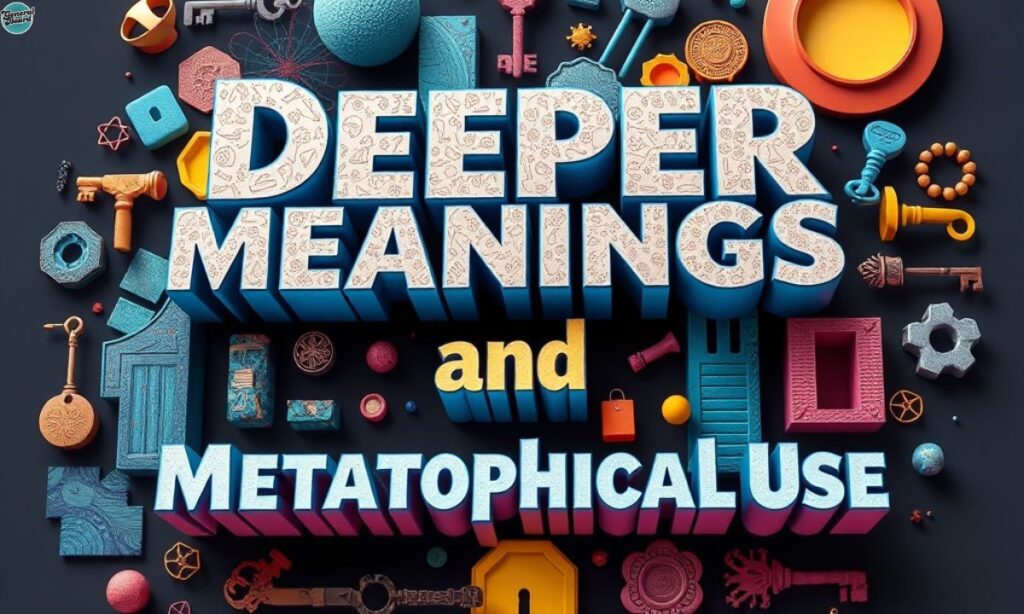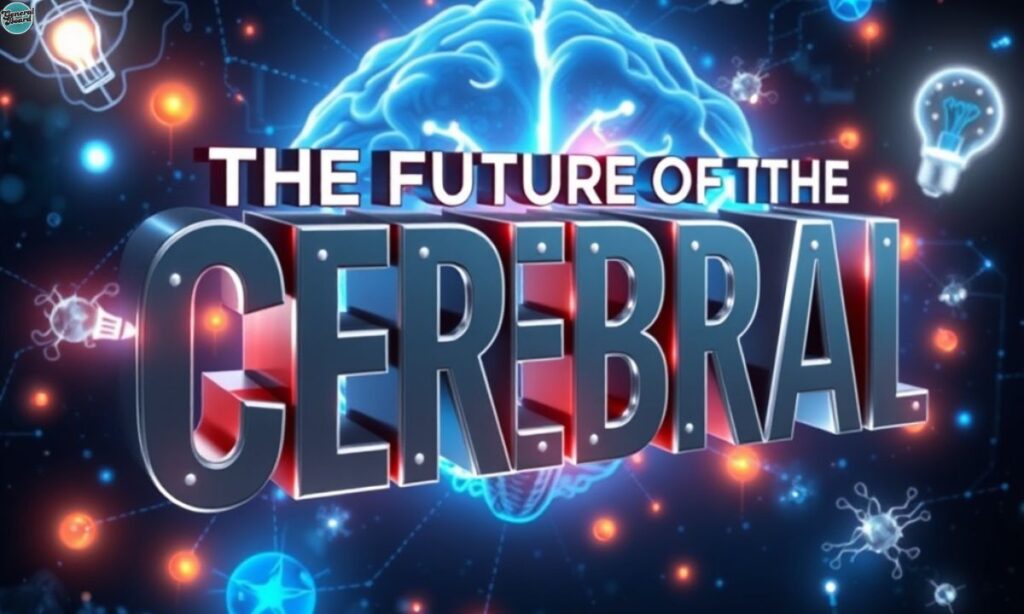The word “cerebral” primarily relates to the brain or intellect, often used to describe thinking that is intellectual, analytical, or deep. It’s commonly applied in conversations about art, literature, or ideas that require thoughtful consideration. Understanding this term helps highlight the value placed on mental processes in various fields.
Beyond its literal meaning, “cerebral” carries cultural significance by representing intelligence and sophistication. It’s frequently used to praise works or people that engage the mind, reflecting society’s admiration for critical thinking and creativity. Exploring its usage offers insight into how we appreciate intellect in everyday life.
What Does “Cerebral” Mean?
“Cerebral” relates to the brain or intellect, often describing things that involve deep thinking or intellectual effort. It’s commonly used to characterize analytical or thoughtful behavior.
The word also conveys sophistication, implying a focus on mental rather than physical or emotional aspects. It’s frequently used in discussions about art, science, and ideas that require intellectual engagement.
Origin and History of the Word
The word “cerebral” comes from the Latin cerebrum, meaning “brain.” Its use dates back to the 17th century, initially in medical contexts referring to the brain itself.
Over time, its meaning expanded to include intellectual qualities, reflecting society’s growing interest in mental processes and cognition beyond just anatomy.
Is “Cerebral” Slang or an Acronym?
No, “cerebral” is neither slang nor an acronym; it is a formal adjective derived from Latin with clear, established meaning.
It is widely accepted in academic, medical, and everyday language to describe intellectual or brain-related matters without informal or coded connotations.
Pronunciation and Spelling
The word is spelled C-E-R-E-B-R-A-L, reflecting its Latin origin from cerebrum (brain). Each letter is pronounced clearly, with the “c” sounding like an “s.”
Pronunciation
“Cerebral” is pronounced as /ˈser.ɪ.brəl/ or /ˈser.ə.brəl/, with the stress on the first syllable. It sounds like “SER-ih-bruhl” or “SER-uh-bruhl.”
How Is “Cerebral” Used Today?
Today, “cerebral” is used to describe ideas, works, or people that are intellectually stimulating, thoughtful, or focused on mental processes.
Medicine
- Refers to anything related to the brain, such as cerebral cortex or cerebral hemorrhage.
- Used in neurological diagnoses to describe brain-related conditions.
- Helps differentiate between physical brain functions and other bodily functions.
Education
- Describes learning or thinking that involves deep intellectual effort or critical analysis.
- Used to praise academic work that requires thoughtful reasoning.
- Often applied to discussions about cognitive skills or intellectual challenges.
Media & Entertainment
- Used to describe films, books, or shows that are intellectually challenging or thought-provoking.
- Highlights characters or stories that focus on mental rather than emotional drama.
- Appeals to audiences who enjoy complex, reflective, or philosophical content.
Everyday Conversation
- People use “cerebral” to compliment someone’s intelligence or thoughtful nature.
- Describes activities or hobbies that engage the mind, like puzzles or strategy games.
- Sometimes used humorously or sarcastically to imply something is overly complicated.
Examples in Sentences
- The novel is very cerebral, requiring readers to think deeply about its themes.
- She gave a cerebral analysis of the political situation.
- His approach to problem-solving is extremely cerebral and logical.
- The film appeals to a cerebral audience who enjoys intellectual challenges.
- Doctors diagnosed him with a cerebral aneurysm after the MRI scan.
- The debate was intense and cerebral, focusing on philosophical ideas.
- She has a cerebral way of understanding complex scientific concepts.
- The play’s dialogue was filled with cerebral humor and wit.
Deeper Meanings and Metaphorical Use

- “Cerebral” often symbolizes intelligence and mental depth beyond just brain anatomy.
- It can imply a preference for logic and reason over emotion or instinct.
- The term is used metaphorically to describe anything that engages the mind deeply.
- In art and literature, “cerebral” suggests work that challenges conventional thinking.
- Calling someone “cerebral” can highlight their analytical or thoughtful nature.
- It can be used to contrast physical or emotional approaches with intellectual ones.
- “Cerebral” might suggest complexity or sophistication in ideas or behavior.
- Sometimes, it’s used to gently criticize something as being too intellectual or detached.
Commonly Related Words
- Intellectual
- Analytical
- Thoughtful
- Brainy
- Logical
- Reflective
- Rational
- Academic
Dictionary Definition
- Merriam-Webster
Relating to the brain or intellect; especially involving intelligence rather than emotions. - Oxford English Dictionary
Of the brain or cerebrum; intellectual rather than emotional or physical. - Cambridge Dictionary
Used to describe thinking or activities that involve careful thinking and mental effort.
Modern Cultural View
In modern culture, “cerebral” is often associated with intelligence and sophistication. It celebrates deep thinking and intellectual engagement as valuable traits.
The term is frequently used to praise movies, books, and conversations that challenge audiences to think critically. It reflects society’s admiration for mental agility.
However, “cerebral” can also imply a disconnect from emotion, sometimes critiqued for being overly analytical or detached from real-life feelings.
Why Learning Words Like “Cerebral” Matters
Understanding words like “cerebral” enriches vocabulary and improves communication, especially when discussing complex ideas. It allows for precise expression of intellectual concepts.
Such words help bridge cultural and academic conversations, enhancing clarity in education, media, and everyday dialogue. They enable people to articulate nuanced thoughts.
Learning these terms encourages critical thinking and appreciation for intellectual depth, fostering a more thoughtful and informed society.
The Future of the Word “Cerebral”

As society continues to value intellectual pursuits, the use of “cerebral” is likely to grow in academic and cultural contexts. It will remain a key descriptor for thoughtful work.
Digital communication may also shape its future use, with “cerebral” expanding into new media forms like podcasts, blogs, and virtual discussions focused on ideas.
While evolving, “cerebral” will likely keep its core meaning, symbolizing intellect and deep thinking across generations and cultures worldwide.
READ THIS BLOG: Besos Meaning: A Deep Dive Into Its Usage, Origin, And Cultural Impact
Frequently Asked Questions
What does “cerebral” mean?
“Cerebral” means relating to the brain or intellectual activity.
Is it a positive word?
Yes, it generally has a positive connotation of intelligence and thoughtfulness.
Can I use it in everyday speech?
Yes, “cerebral” can be used in everyday conversation to describe thoughtful or intellectual things.
Is it only used medically?
No, it’s used both medically and figuratively in everyday language.
What’s a simple synonym?
A simple synonym for “cerebral” is “intellectual.”
Final Thoughts
The word “cerebral” captures the essence of intellect and thoughtful analysis, bridging the gap between brain science and everyday language. Its usage spans from medical terminology to cultural conversations, highlighting the importance we place on mental processes and critical thinking. Understanding this term helps us appreciate the value of intellect in both academic and casual settings.
Culturally, “cerebral” reflects society’s admiration for depth, reason, and sophistication, often celebrating those who engage deeply with ideas. As language evolves, the word remains relevant, adapting to new forms of communication while maintaining its core meaning. Embracing terms like “cerebral” enriches our expression and encourages a greater appreciation for intellectual curiosity.